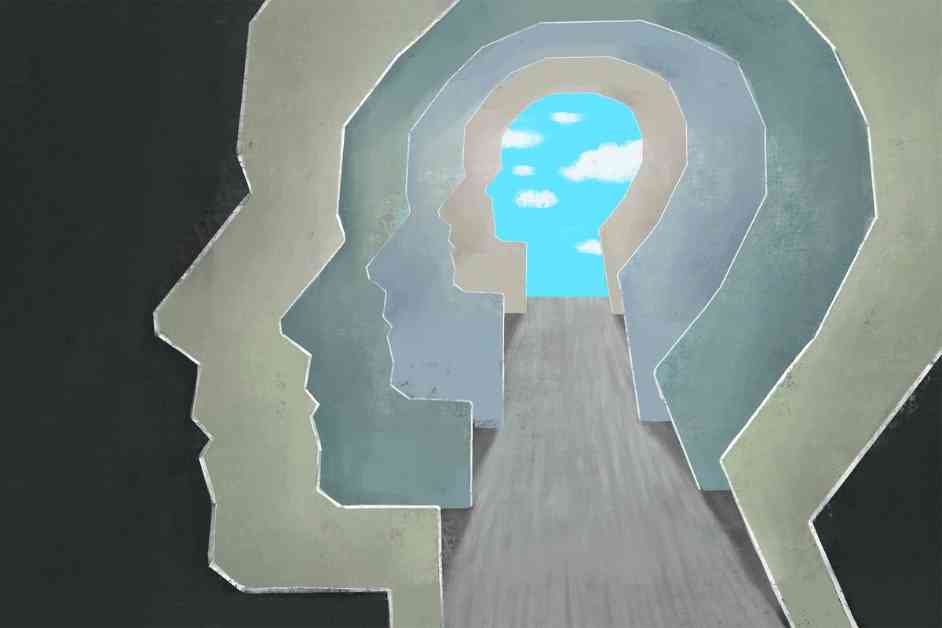A debate has been ongoing among researchers about whether the effects of psychedelic drugs are due to the placebo effect. Boris D. Heifets, an associate professor at Stanford University School of Medicine, has been studying the components of a psychedelic experience. He believes that the experience involves more than just a biochemical response to the drug activating serotonin receptors in the brain.
Heifets categorizes the psychedelic experience into three components: the biochemical drug effect, the conscious experience related to changes in sensation, and the non-drug factors such as the individual’s state of mind and setting in which the drug is taken. He conducted an experiment with ketamine during general anesthesia to study the biochemical drug effect and found surprising results. Participants who received a placebo also showed improvement in their symptoms, highlighting the importance of non-drug factors in the therapeutic effect.
Heifets emphasizes the role of expectations, feelings of hope, and the therapeutic impact of interpersonal contact in psychedelic therapy. He believes that these non-drug factors can drive a substantial portion of the therapeutic effects seen in psychedelic trials. By understanding and leveraging these components, clinicians can enhance the effectiveness of psychedelic therapy.
Heifets is exploring the possibility of creating a profound therapeutic experience without the use of psychedelic drugs. He is working on a protocol called “dreaming during anesthesia” to induce vivid dream states that have shown therapeutic effects similar to psychedelic medicine. By isolating and identifying the components of the therapeutic package in psychedelic therapy, Heifets aims to redefine the emphasis on reengineering the drug to focus on reengineering the overall experience.
Collaborating with researchers like David Olson, Heifets is studying nonhallucinogenic psychedelics to characterize the neuroplastic effects of drugs that do not trigger the same brain activation as classical psychedelics. Through these approaches, Heifets hopes to experimentally define and isolate the components of psychedelic therapy, shedding light on the complex nature of the psychedelic experience.

